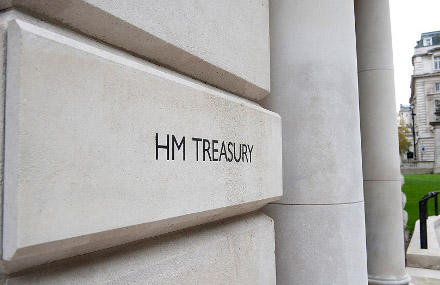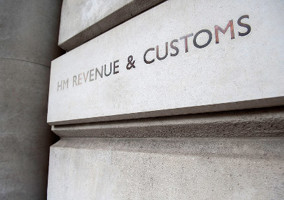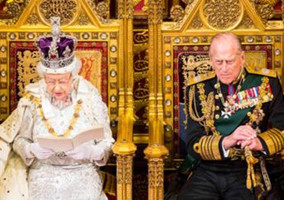Planned changes to remove barriers to access to the Gift Aid Small Donations Scheme will result in an extra £15m for the charity sector, the financial secretary to the Treasury said yesterday.
Jane Ellison was speaking during the second reading of the Small Charitable Donations and Childcare Payments Bill, which makes a number of provisions intended to widen access to the scheme and address issues which have prevented it reaching its target takeup.
The GASDS is a scheme which allows charities to claim a gift-aid like relief on cash donations of up to £8,000 a year, even if they are not accompanied by the normal paperwork. It is currently raising £26m for charities per year - far less than the intended target.
GASDS was introduced in 2013, and was expected to be raise £135m for charity by 2015.
The main changes outlined in the bill are to remove the criteria for having claimed gift aid in two of the last four tax years, enabling charities to claim on contactless donations and simplification of the community buildings rules.
Ellison told Parliament that: “Based on provisional estimates, these changes are expected to benefit charities by £15m a year, a significant increase that underlines the government’s commitment to supporting a greater number of charities and a greater number of donations.”
The figure will be certified by the independent Office for Budget Responsibility as part of this year’s Autumn Statement.
Raising less than expected
In response to concerns about poor awareness of the scheme, Rob Wilson, minister for civil society, said that last year 21,300 charities used the scheme, claiming a combined total of £26m.
He said: “We recognise that that is less than was forecast, but we want as many charities as possible to benefit from the scheme. That is why we are removing a number of the eligibility requirements and relaxing the community building rules, which will make it much simpler and easier for smaller charities to claim.”
Wilson added that 650 charities have taken part in face-to-face presentations.
Fraud concerns
Rebecca Long Bailey, Labour MP for Salford and Eccles, said her party was concerned about fraud.
“The opposition have several concerns about how loosening the eligibility criteria could have an impact on that risk,” she said. “It is widely known that some charities have been abused in the past, being used as a vehicle to avoid tax and indeed to launder money.
“I hope that the government will look carefully at any potential loopholes. We must make sure that any loosening of the rules for access to government grants or tax reliefs does not provide a further incentive for tax avoiders, albeit a small minority, to set up a charity.
Wilson said: “Unfortunately, the generous nature of these tax reliefs also attracts a dishonest minority who seek to exploit charitable status for criminal purposes. HMRC works closely with the Charity Commission for England and Wales, the Charity Commission for Northern Ireland and the Office of the Scottish Charity Regulator to protect our charity sector from those unscrupulous individuals. In 2015, more than 275 suspicious activity referrals were passed between HMRC and the charity regulators for further investigation.”
Sector criticism
The charity sector has previously said that the government’s planned changes do not go far enough. In particular sector bodies would like the 10:1 matching requirements, which means that charities must claim £1 of full gift aid for every £10 claimed under the small donations scheme.
Ellison said this requirement was needed to “incentivise charities to engage with the full gift aid scheme, which will provide them with even greater income over the longer term” and to protect the scheme from fraud.
Writing on the Charity Finance Group blog yesterday, Andrew O’Brien, head of policy and engagement at CFG, said there were a number of “missed opportunities” and called on charities to lobby MPs to “shape this scheme and make it fit for purpose”.
Related articles










